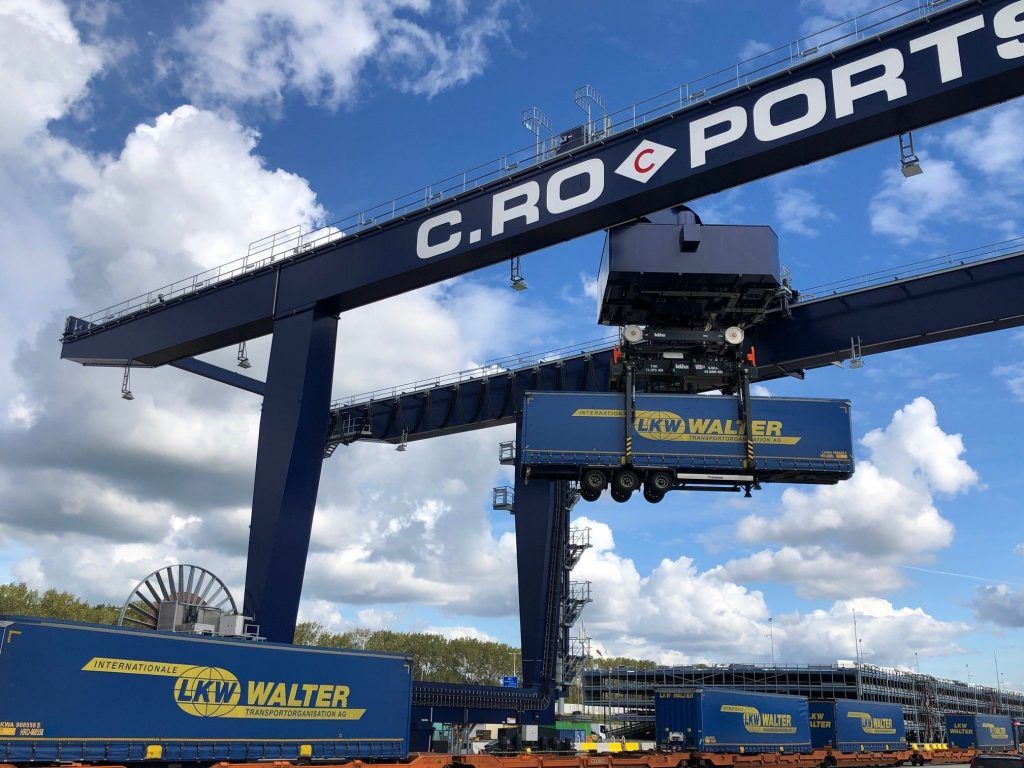In its Resolution of 26 November 2020, the European Parliament welcomed the timely launch of the trade policy review and the debate on the European Union (EU) single concept of «open strategic autonomy».
The European Parliament considered it essential that the trade strategy contributes to inclusive and sustainable economic development, in line with the Green Deal.
Parliament also asked the European Commission to identify the critical raw materials for the twin transformation and to analyze how to increase the resilience of the supply chain.
While calling for support to focus on strategic sectors, he also called for special attention to be paid to SMEs, in order to facilitate their export activities.
The European Parliament highlighted the need for a strengthened trade toolkit to protect the interests of the EU and therefore welcomed the White Paper on foreign subsidies as a tool to complement trade defense measures.
From another angle, the European Parliament called for an ambitious reform of the World Trade Organization (WTO), with a focus on the United Nations Sustainable Development Goals (SDGs) and the fight against climate change, and highlighted the importance of a WTO agreement on electronic commerce and legislation for mandatory horizontal due diligence at the EU level in supply chains, also calling for the effective implementation of Free Trade Agreements (FTA) and the application of the chapters of Special and Differential Treatment.
European Parliament
On the latter, he invited the European Commission to study the creation of a mechanism based on sanctions as a last resort.
He welcomed the Commission’s commitment to making compliance with the Paris Agreement a key part of future trade agreements and stressed that a positive trade agenda should be set with the United States, and also defended the conclusion of an investment agreement with China. to address the urgent need for reciprocity.
Exports and imports
Trade is a key factor for economic growth in the EU. In 2018, for example, international trade accounted for almost 35% of the EU’s Gross Domestic Product and generated around 36 million jobs in the EU, two-thirds more than in 2000.
However, in recent years, the EU has had to conduct its trade policy in an increasingly challenging environment, in the face of events such as tensions between the world’s major economies, growing protectionism in the global trade environment, higher expectations from EU citizens on trade policy, for example regarding its sustainability, and the rapid growth of digital technology.
Recently, the severe economic and commercial recession resulting from the global pandemic has highlighted pre-existing challenges, such as supply chain resilience and strategic autonomy.
![]()

